Vocabulary enhancement Normal Geometry Worksheets for Ages 6-9
5 filtered results
-
From - To
Explore our engaging Vocabulary Enhancement Normal Geometry Worksheets designed specifically for children aged 6-9. These thoughtfully crafted worksheets aim to enrich young learners’ understanding of essential geometric terms and concepts. Through interactive activities, children will develop their vocabulary while enhancing their comprehension of shapes, sizes, and spatial relationships. Perfect for classrooms or home learning, these worksheets make geometry fun and accessible! Help your students build a strong foundation in math terminology with creative exercises that spark their interest and foster critical thinking. Download and watch them thrive as they discover the world of geometry through enhanced vocabulary skills!
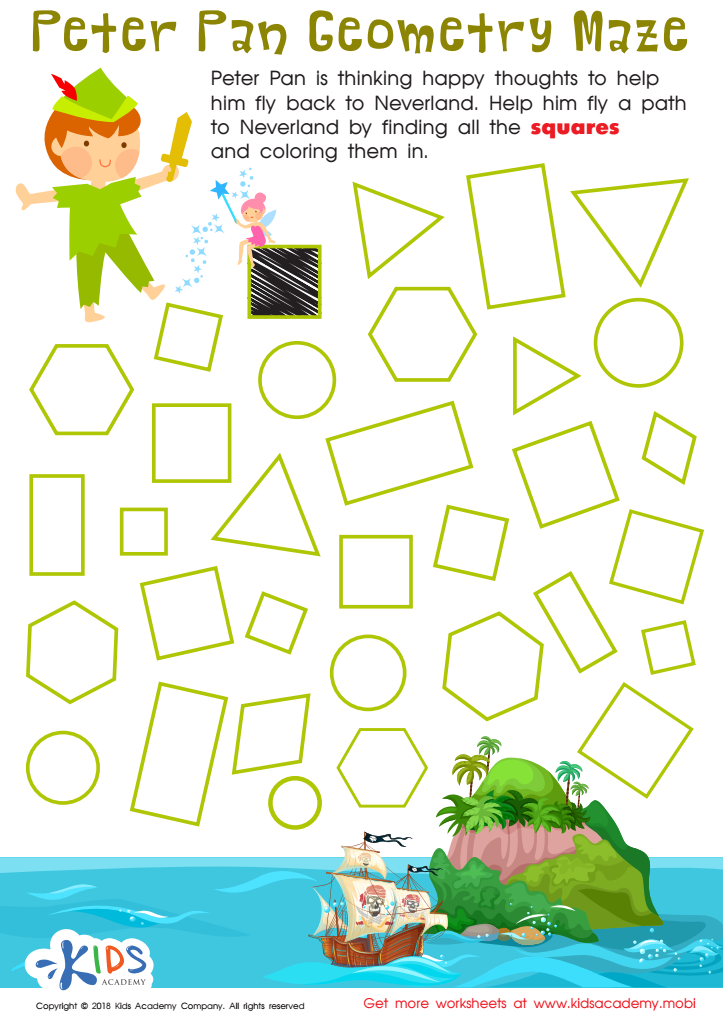

Peter Pan Worksheet
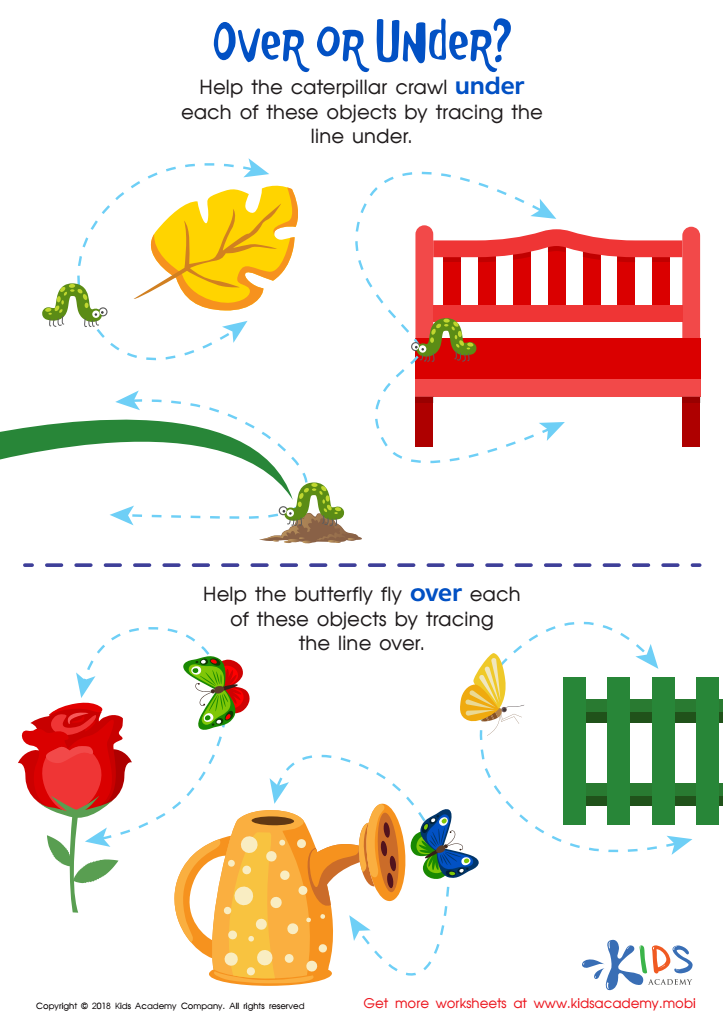

Over or Under? Worksheet
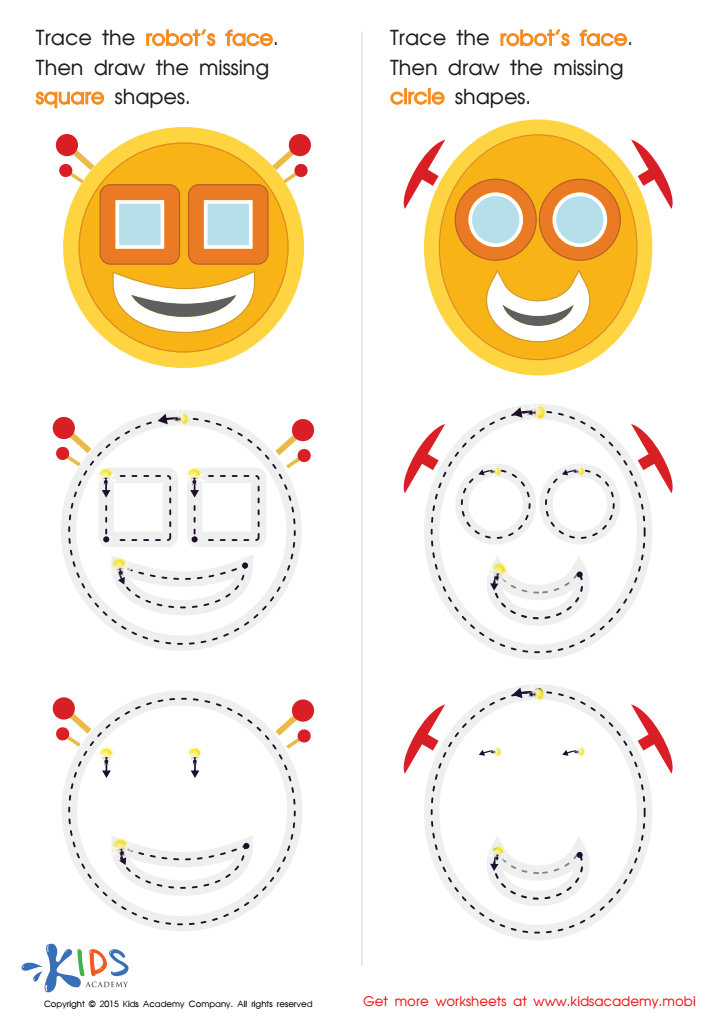

Practicing to Draw Circles And Squares Printable
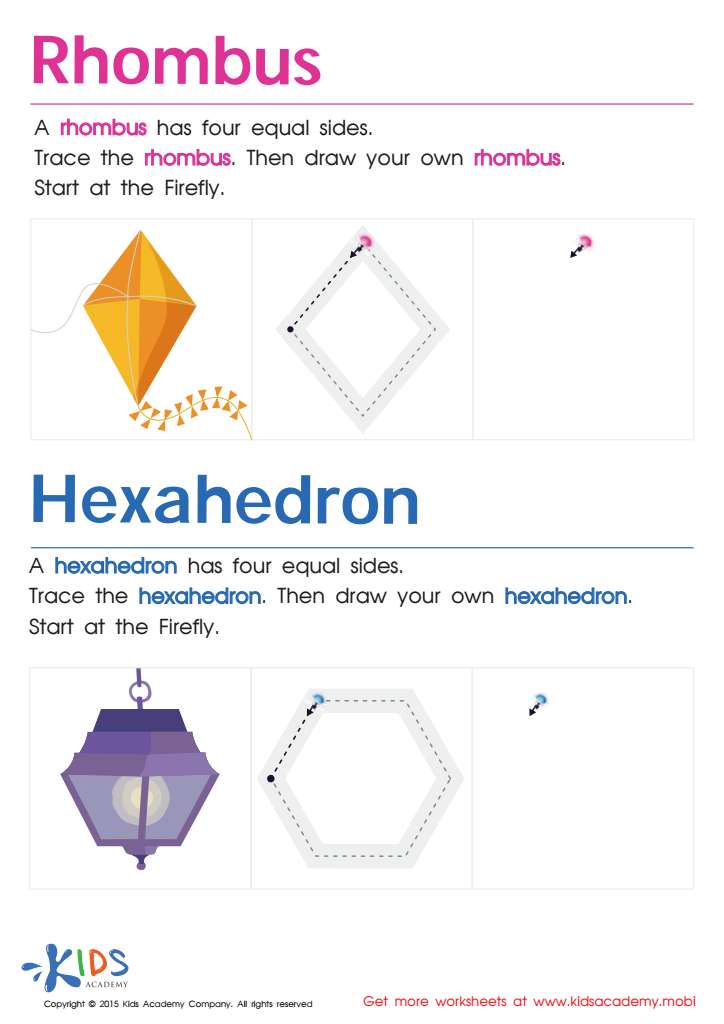

Draw a Rhombus And a Hexahedron Printable
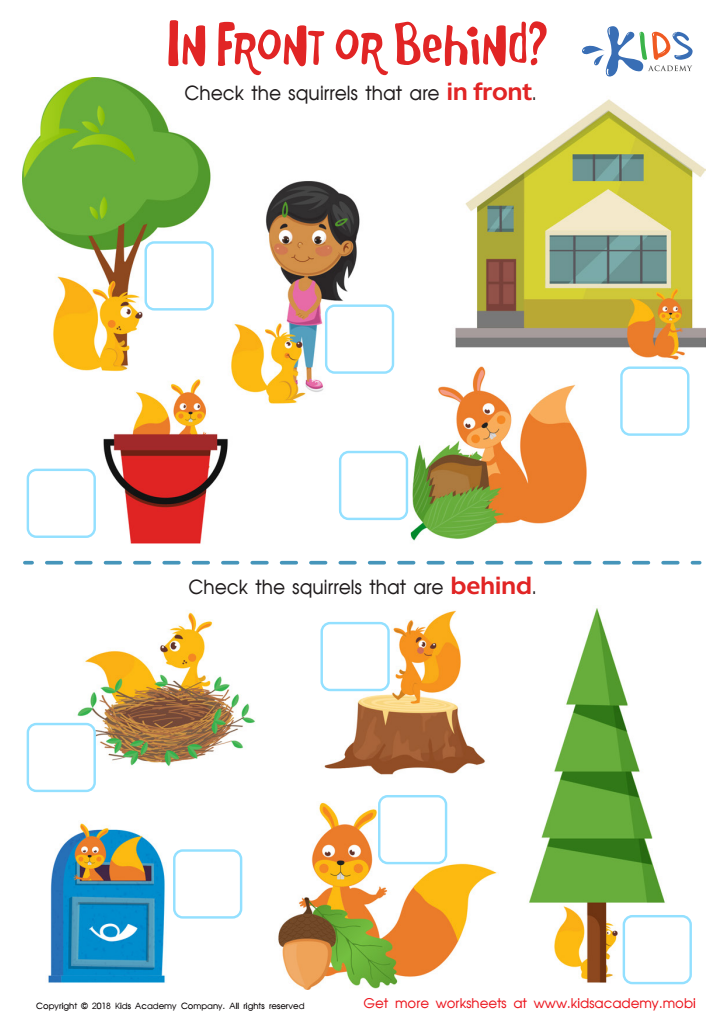

In Front or Behind: Part 2 Worksheet
Vocabulary enhancement in Normal Geometry for children aged 6-9 is crucial for their overall cognitive development and academic success. At this pivotal age, children are not only learning basic geometric concepts but also developing essential language skills necessary for effective communication and comprehension in mathematics. A robust vocabulary in geometry enables children to articulate their thoughts, ask questions, and explain their reasoning, fostering deeper understanding.
Moreover, understanding geometric terms—such as "angle," "triangle," "symmetry," and "parallel"—is foundational for advanced mathematical concepts learned in later grades. When children are familiar with vocabulary related to shapes, measurements, and spatial relationships, they build confidence and become more engaged in math lessons, making learning enjoyable and less intimidating.
Additionally, enhanced vocabulary in this area supports interdisciplinary learning, linking geometry with art, science, and engineering. Encouraging children to explore geometric language not only aids in math problem-solving but also nurtures critical thinking, creativity, and analytical skills. For parents and teachers, prioritizing vocabulary enhancement in Normal Geometry lays a solid groundwork for lifelong learning, ensuring students are well-prepared for future challenges in both academic and real-world contexts. Therefore, investing in vocabulary development is an investment in a child's holistic growth and educational journey.
 Assign to My Students
Assign to My Students





















